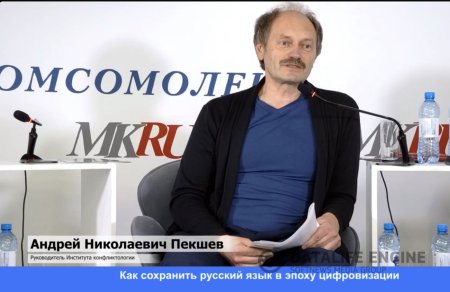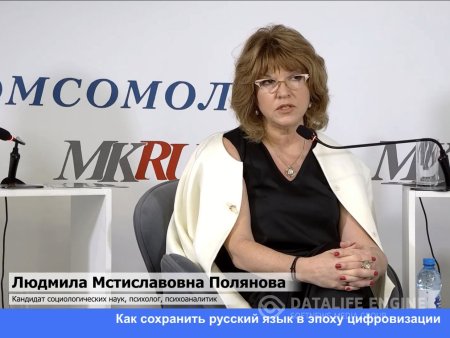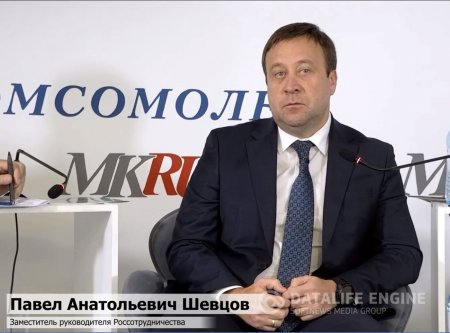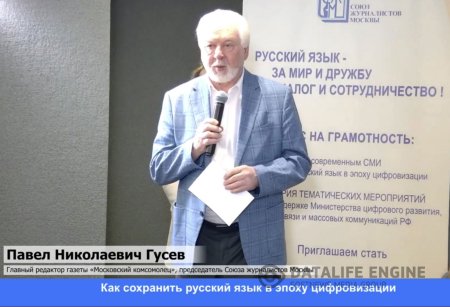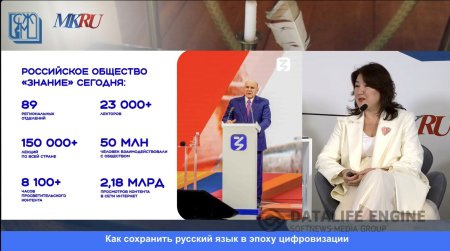 July 3, Moscow. The press center of the Moskovsky Komsomolets newspaper has become a platform for discussing one of the most pressing topics - the preservation and development of the Russian language in the face of rapidly developing digital technologies. The round table entitled "How to preserve the Russian language in the era of digitalization," organized with the support of the Union of Journalists of Moscow, brought together media representatives, politicians, teachers, students, psychologists and public figures.
July 3, Moscow. The press center of the Moskovsky Komsomolets newspaper has become a platform for discussing one of the most pressing topics - the preservation and development of the Russian language in the face of rapidly developing digital technologies. The round table entitled "How to preserve the Russian language in the era of digitalization," organized with the support of the Union of Journalists of Moscow, brought together media representatives, politicians, teachers, students, psychologists and public figures.Pavel Nikolayevich Gusev, editor-in-chief of the Moskovsky Komsomolets newspaper and chairman of the Moscow Union of Journalists, opened the meeting with the inspiring motto "The Russian language is firmly walking the planet." In his speech, he emphasized that the Russian language and journalism are inseparable, because language is not only a means of communication, but also the most important element of cultural identity. He also noted the significant role of teachers and students of humanitarian directions in the formation of a professional journalistic community.
Pavel Anatolyevich Shevtsov, Deputy Head of the Federal Agency for CIS Affairs and International Humanitarian Cooperation, spoke about the promotion of the Russian language abroad. He presented a detailed picture of the existing infrastructure for supporting the Russian language abroad and stressed that today more than 150 million people speak or study Russian. Particular attention was paid to training programs for foreign students in Russia, as well as new legislative initiatives that promote their integration into Russian society through language, education and professional activities. Shevtsov also focused on the need to develop methods of teaching Russian as a foreign language, updating textbooks and increasing motivation among language learners.
One of the key topics of the round table was the impact of artificial intelligence and digital technologies on the Russian language. Participants vividly discussed how language norms are changing under the influence of algorithms, Internet culture and automated systems. The problem of preserving lexical wealth and grammatical accuracy in the context of digitalization has become the focus of discussions between journalists, teachers and specialists in the field of psychology and education.
Representatives of the European Fund for Slavic Writing and Culture, as well as teachers of the Russian Center took part in an online round table. They noted that within the framework of the event they were able to enrich their professional experience, get new ideas for teaching the Russian language, organizing language competitions and implementing projects aimed at popularizing Russian speech and literary heritage.
